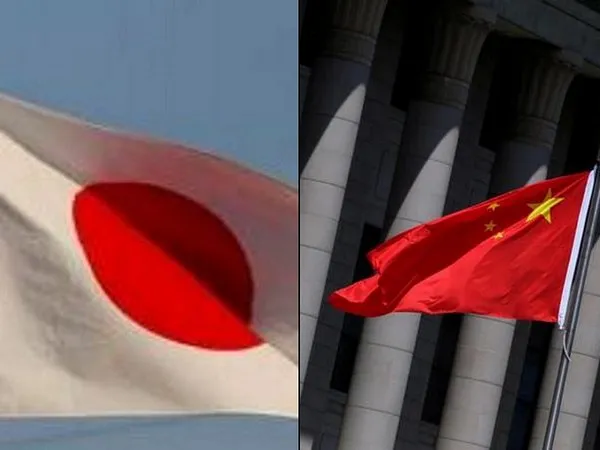Chinese intrusions in Senkaku islands in the East China Sea are raising eyebrows over Beijing’s rising aspirations of making gains over Japan’s territory, media reports said.
Though the Senkaku Islands are being administered by Japan, China has been flexing its muscles claiming that it is Beijing’s territory. In further continuation of its infiltration, on July 4, two Chinese coast guard vessels entered Japanese territorial waters close to the Senkaku Islands.
A day prior to this, a Chinese naval ship was detected there, leaving the Japanese navy furious. This is not an isolated event and in fact, it is the 15th time in the last six months that China infiltrated the Senkaku islands, reported Singapore Post.
In its bid to protest against an aggressive China, Japan’s Minister for Foreign Affairs, Yoshimasa Hayashi described the infiltration as a breach of international law and assured to respond to China’s actions “calmly and resolutely.” In the month of May as well, Japan lodged protests with Beijing and Moscow after it found Chinese vessels and Russian vessels operating off the disputed Senkaku islands.
Earlier, Japan’s Defence Ministry white paper expressed its serious concern about Chinese coast guard activities in the East China Sea, last year. According to the report, Defense Minister Nobuo Kishi called attention to “problematic provisions” in Beijing’s draconian Coast Guard Law which empowers the Chinese Coast Guard personnel to “demolish” other countries’ structures built on China-claimed reefs and to board and inspect vessels in waters claimed by China.
Experts say that Chinese President Xi Jinping’s ideology is “what is ours is ours and what is yours is negotiable.” The actions by China clearly reflect that it is unilaterally trying to change the status quo and provoking its neighbouring nations to bring about instability in the region. Amidst the escalating tensions with China, Japan is holding intense discussions on increasing defence budget and developing nuclear-powered submarines over the disputed islands in the East China Sea.
Meanwhile, the Quad summit hosted by Japan in Tokyo last month launched a satellite-based maritime security initiative aimed to pursue a free and open Indo-Pacific.”The benefit of this maritime initiative will allow tracking of dark shipping and other tactical-level activities, such as rendezvous at sea, as well as improve partners’ ability to respond to climate and humanitarian events and to protect their fisheries, which are vital to many Indo-Pacific economies,” the White House in a media statement has said on the sidelines of Quad Summit in May.

